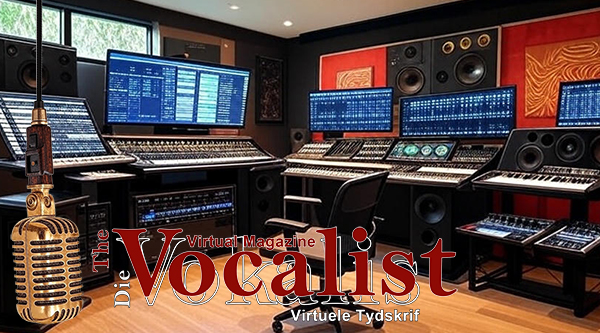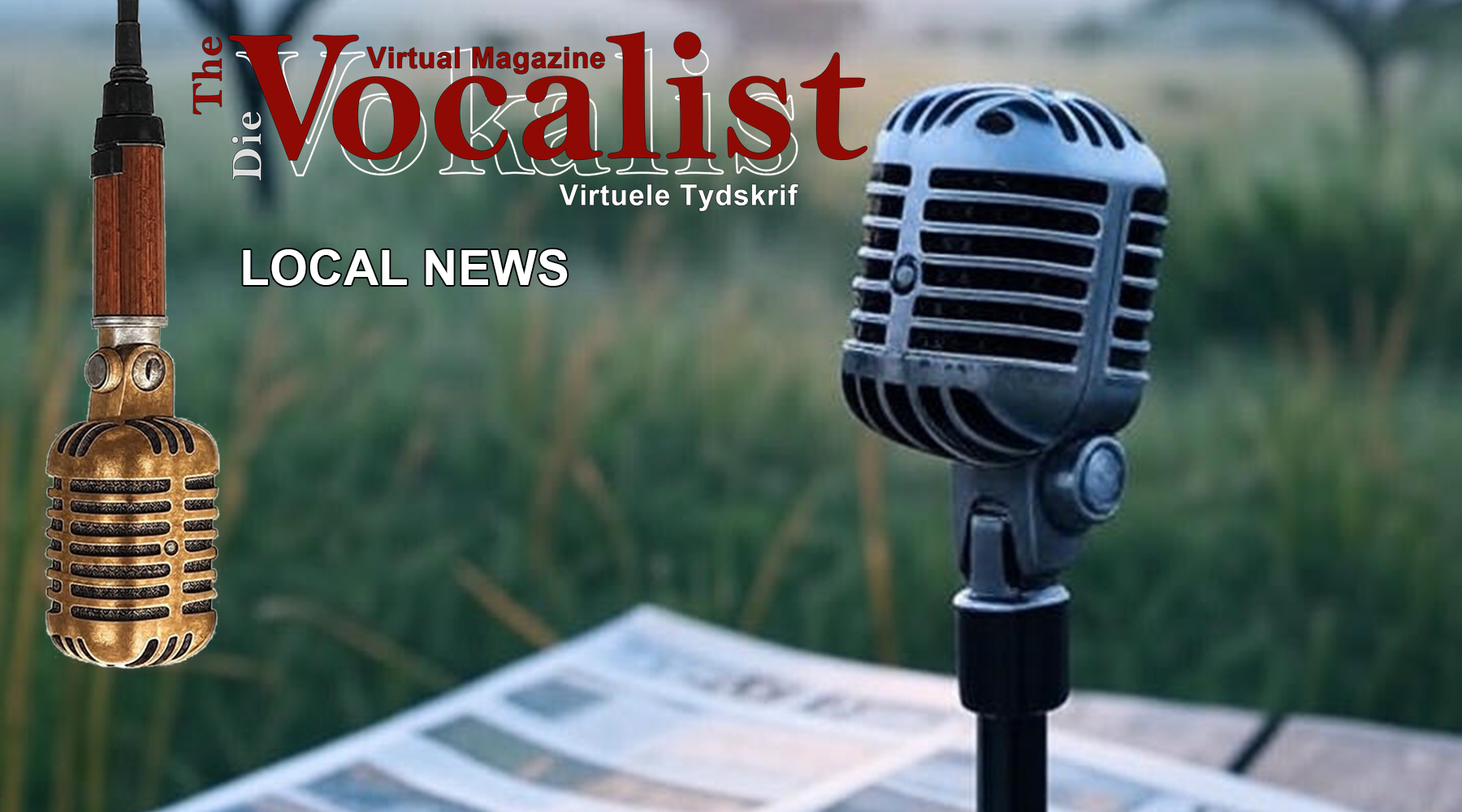In a groundbreaking development for South Africa’s vibrant music scene, musicians are increasingly integrating artificial intelligence (AI) technology into their creative processes, marking a significant shift in how music is produced, composed, and performed in 2025. This transformative trend, gaining momentum in the past 48 hours, is redefining the boundaries of artistic expression, enabling artists to push creative limits, enhance production efficiency, and connect with global audiences in unprecedented ways. From amapiano to Afro-house and hip-hop, South African artists are leveraging AI tools to innovate while preserving the cultural essence of their music.
The adoption of AI in music creation is not merely a technological fad but a powerful tool that empowers artists to experiment with new sounds, streamline workflows, and democratize access to high-quality production resources. In South Africa, where genres like amapiano and gqom have gained international acclaim, musicians are using AI to enhance their craft, making it a focal point of discussion in the industry as of July 24, 2025. This surge in AI adoption is driven by advancements in music production software, vocal synthesis tools, and AI-driven composition platforms, which allow artists to explore uncharted sonic territories.
One of the most notable applications of AI is in music production, where tools like AI-powered digital audio workstations (DAWs) assist artists in generating beats, harmonies, and even full compositions. For instance, amapiano producers, known for their intricate log drum patterns and soulful melodies, are using AI algorithms to experiment with unique chord progressions and rhythmic variations. These tools analyze vast datasets of existing music to suggest novel combinations, enabling producers to create tracks that resonate with both local and global audiences. This technology is particularly beneficial for emerging artists who may lack access to expensive studio equipment, as AI platforms offer cost-effective solutions for professional-grade production.
South African artists are also embracing AI-driven vocal synthesis and manipulation tools, which allow them to craft unique vocal textures and harmonies. These tools enable singers to experiment with their voices in ways that were previously unimaginable, such as creating layered harmonies or simulating multilingual vocal performances. For example, Afro-soul artists are using AI to blend traditional vocal styles with modern electronic elements, creating a fusion that appeals to diverse listeners. This technology not only enhances creativity but also reduces the time and cost associated with studio recording sessions, making it a game-changer for independent musicians.
Another significant aspect of this trend is the use of AI in live performances. South African musicians, particularly in the electronic music scene, are incorporating AI-driven visuals and real-time sound manipulation into their shows. These technologies create immersive experiences, with AI syncing visuals to the music’s tempo and mood, captivating audiences at festivals and concerts. For instance, at events like the Cape Town International Jazz Festival 2025, artists are reportedly experimenting with AI to generate dynamic stage effects, elevating the audience’s sensory experience. This integration of technology enhances South Africa’s reputation as a hub for innovative music performances.
The impact of AI extends beyond production and performance to music distribution and audience engagement. AI-powered platforms are helping artists analyze listener preferences, optimize release strategies, and tailor marketing campaigns. By leveraging data analytics, musicians can identify trending genres, predict fan reactions, and even personalize content for specific demographics. This is particularly relevant in South Africa, where the music industry is highly competitive, and artists must stand out in a crowded digital landscape. For example, amapiano artists are using AI to analyze streaming data from platforms like Spotify, enabling them to target international markets where the genre is gaining traction.
However, the adoption of AI is not without challenges. Some South African musicians express concerns about the potential loss of authenticity in their work, as AI-generated elements may dilute the cultural roots of genres like mbaqanga or Xhosa music. To address this, artists are emphasizing the importance of using AI as a tool to enhance, rather than replace, their creative vision. By blending traditional instrumentation with AI-generated sounds, musicians are striking a balance that preserves South Africa’s rich musical heritage while embracing technological innovation.
The rise of AI in South African music is also fostering collaborations between artists and tech developers. Local startups are creating AI tools tailored to the unique needs of South African genres, ensuring that the technology aligns with the country’s cultural and artistic landscape. These collaborations are empowering artists to take ownership of their creative processes, reducing reliance on international software and fostering a sense of pride in locally developed solutions. For instance, Johannesburg-based tech firms are working with hip-hop and Afro-house artists to develop AI platforms that prioritize African rhythms and tonalities.
The economic implications of this trend are significant. By lowering the barriers to entry for music production, AI is enabling a new generation of South African artists to enter the industry. Young musicians from underserved communities, who previously faced financial constraints, can now access AI tools to produce high-quality tracks from their homes. This democratization of music production is fostering inclusivity and diversity, allowing voices from marginalized backgrounds to contribute to South Africa’s musical legacy.
As South African musicians continue to embrace AI, the global music industry is taking notice. International platforms are highlighting South African artists who use AI to create innovative sounds, further elevating the country’s status as a leader in African music. The success of artists like Tyla, who recently announced her mixtape We Wanna Party, and DJ Zinhle, with her single Kusazokhanya, demonstrates how AI can amplify an artist’s reach while maintaining their unique sound. These artists are not only pushing creative boundaries but also inspiring others to explore the potential of technology in music.
Looking ahead, the integration of AI in South African music is poised to grow, with experts predicting that 2025 will be a pivotal year for technological innovation in the industry. As more artists adopt these tools, the line between traditional and tech-driven music will continue to blur, creating a dynamic and evolving soundscape. For South African musicians, AI is not just a tool but a catalyst for redefining what it means to create music in the 21st century.
This technological revolution is a testament to South Africa’s resilience and adaptability, qualities that have long defined its music industry. By embracing AI, South African musicians are not only keeping pace with global trends but also setting the stage for a new era of creativity and innovation. As the world watches, South Africa’s music scene is proving that technology and tradition can coexist, producing sounds that resonate far beyond its borders.
Discover more from Vocalist
Subscribe to get the latest posts sent to your email.




